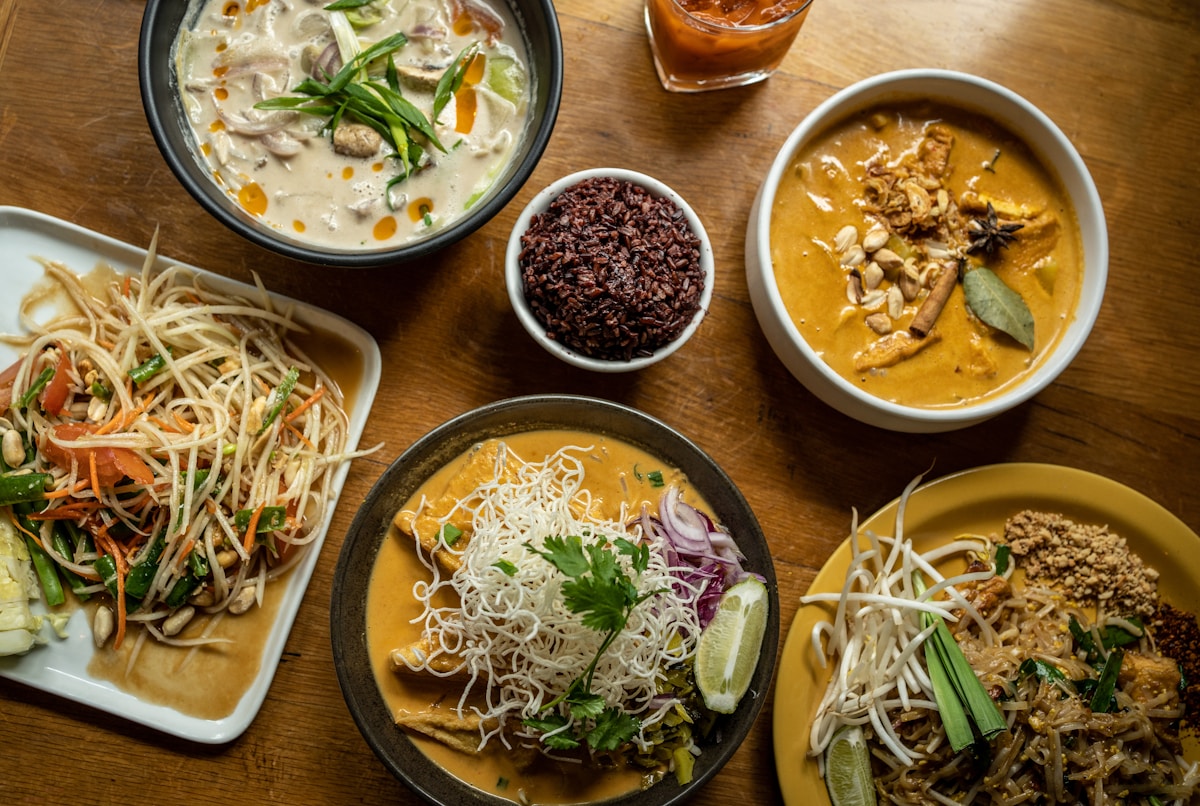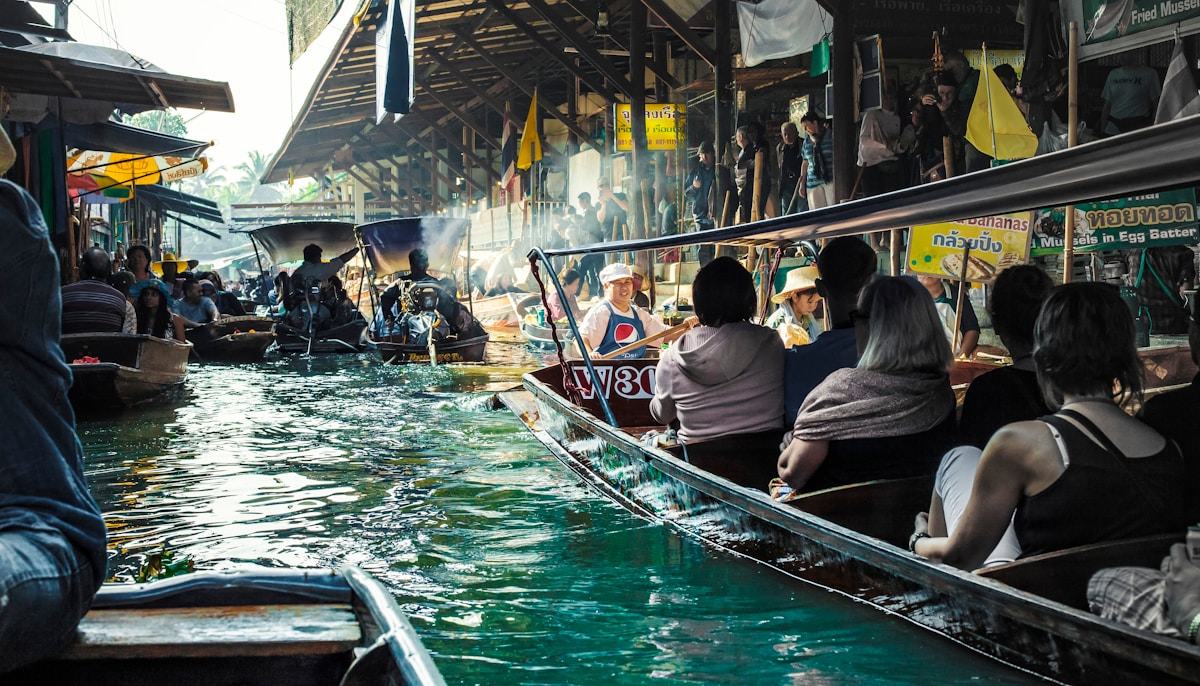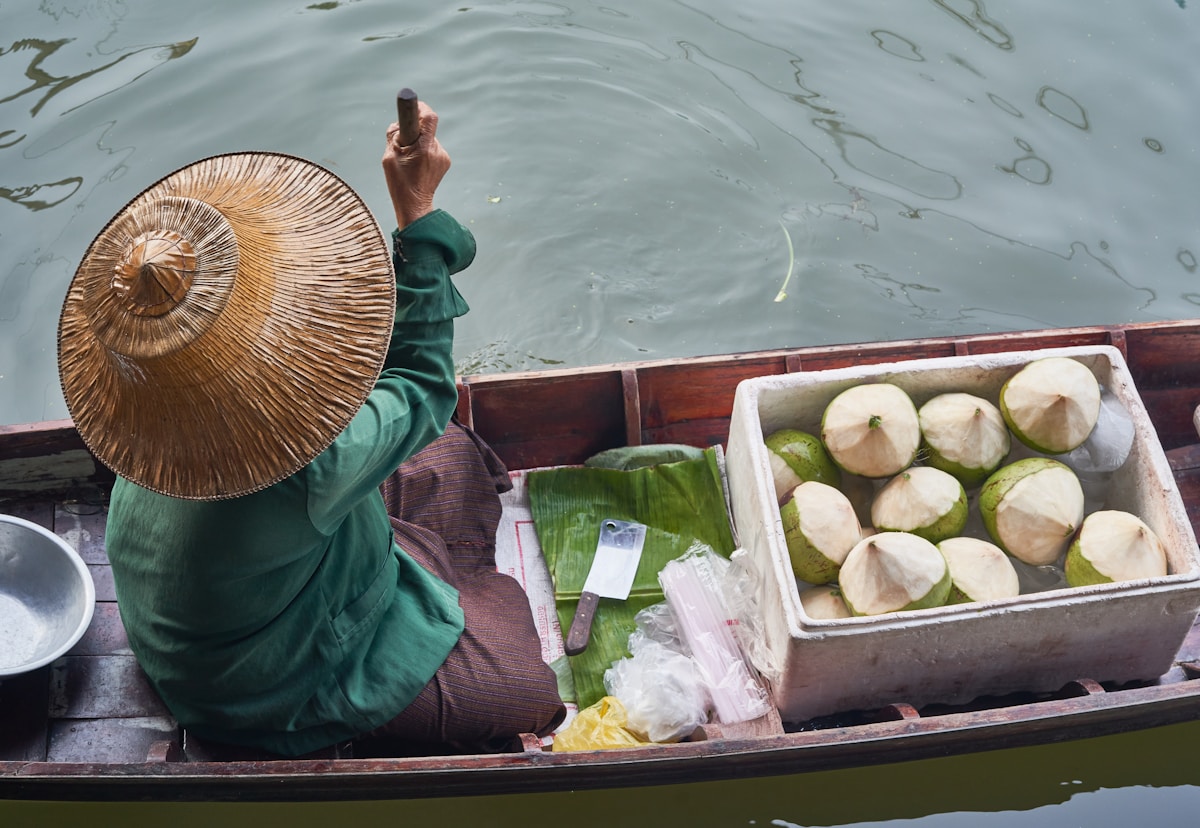Traveling to Thailand for the 1st Time
PART 1
Traveling to Thailand for the 1st Time
Note: The author is writing in present tense in her journal.
Instructions: Fill in the blanks using the appropriate present tense forms of the verbs "am, is, isn't, are, were, was"
On our way!
This summer, my best friend Emily and I will to go on an exciting adventure. We are both thrilled because it (1) our first time traveling to Thailand. We're a little nervous too, as we (2) not sure what to expect. The journey (3) long, but we (are) prepared with all the necessary documents and travel essentials.

Instructions: Fill in the blanks using the appropriate present tense forms of the verbs "am, is, isn't, are, were, was"
We are in Thailand!
We have finally arrived at the airport! The atmosphere (is) vibrant and filled with the scent of exotic spices. The people (4) welcoming and friendly, which made us feel at ease. We (are) excited to explore the country's rich culture and beautiful landscapes.

Instructions: Fill in the blanks using the appropriate present tense forms of the verbs "am, is, isn't, are, were, was"
After our trip...
During our stay, we were fortunate to visit many famous landmarks such as the Grand Palace and Wat Arun. The temples were stunning, and 5) were/we're amazed by their intricate designs. The food (6) incredible too! We felt adventurous and tried various Thai dishes, including pad Thai and green curry.

Instructions: Fill in the blanks using the appropriate present tense forms of the verbs "am, is, isn't, are, were, was"
Although there (7) a language barrier at times, we were able to communicate with the locals using basic phrases we had learned before the trip. They (8) patient with us and appreciated our efforts to embrace their culture.

Instructions: Fill in the blanks using the appropriate present tense forms of the verbs "am, is, isn't, are, were, was"
Our journey (9) unforgettable, and we were grateful for the experiences we had in Thailand. It (10) a transformative trip that broadened our horizons and taught us the value of embracing new adventures.
PART 2
"Could," "would," and "should"
Could:
"Could" is a word we use to talk about something we were able to do in the past.
It can also be used to ask politely or talk about things that might happen but aren't certain.
Example: "I could swim when I was younger." (meaning: I was able to swim in the past) / "Could you please pass me the salt?" (meaning: Can you please pass me the salt?)
Would:"Would" is a word we use to talk about things we did regularly in the past or things we imagined or wished for.
It can also be used to talk about what might happen in certain conditions.
Example: "When I was a child, I would play in the park every day." (meaning: I used to play in the park every day when I was young) / "If I won the lottery, I would travel the world." (meaning: If I ever won the lottery, I would like to travel the world)
Should:"Should" is a word we use to talk about something that is the right thing to do or a recommendation.
It suggests what someone ought to do or what is considered a good idea.
Example: "You should study for the exam if you want to do well." (meaning: It is a good idea to study for the exam if you want to get a good grade) / "I think you should try the new restaurant; it has great reviews." (meaning: It is recommended that you try the new restaurant because people say it's really good)
Remember, these words can have different meanings depending on how they are used in a sentence.
STORY CONTINUES
Instructions: Fill in the blanks (22-25) with the appropriate terms "could, should, would" based on the context of the sentence.
During our trip, we felt like we (22) do more exploring.. When we were planning out schedule, we decided that we (23) visit the floating markets, take a cooking class to learn traditional Thai recipes, and then if we had time we (24) spend a day on the pristine beaches. We knew that by immersing ourselves in the local culture, we (25) gain a deeper appreciation for this beautiful country.

ANSWERS BEL
22. should
23. would
24. could
25. would

